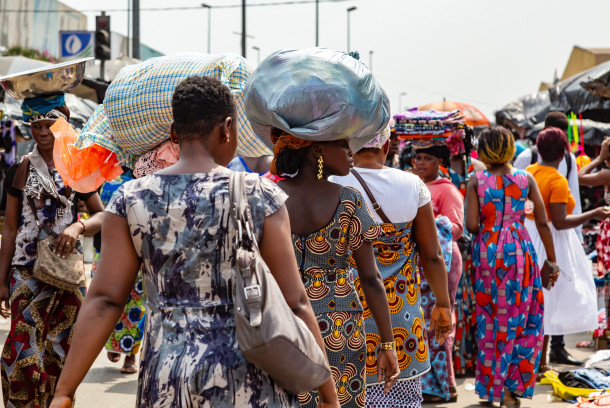
Photo by Eva Blue on Unsplash
‘The Atlas of the Human Planet 2020’ launches in the midst of the data collection revolution
Smart cities are already a reality, and thanks to data collection mechanisms implemented at a local level they can learn more about people's habits in terms of mobility, tourism, consumption, and more. In order for the decision-makers and stakeholders involved in improving quality of life to have the tools to plan for the city of tomorrow, data must be accessible and transparent. To discuss all these challenges and highlight other issues and strategic directions related to mapping human settlements, and to catch a preview of the forthcoming publication of the GHSL, The Atlas of the Human Planet 2020 was launched by the GEO Human Planet Initiative and the JRC on 21 January.
But let's take a step back. Any urban planner is certain to know that, in order to plan a city according to the needs of its population, data and indicators are essential. This data also needs to be integrated into new systems that can predict the impact of interventions and give communities the ability to vote on the measures to be implemented in their neighbourhoods. However, even if advanced cities are now going one step further by extending the reach of data, it is still difficult, expensive and sometimes unreliable to collect it at a local level.
The launched Atlas brings together contributions from more than 100 users of the Global Human Settlement Layer data sets, including decision-makers, researchers and practitioners. It represents the fifth edition of the GHSL Atlas series, which first launched in 2016. The launch event for the Atlas—Open Geoinformation for Research, Policy and Action—featured presentations by authors on the topics of Disaster Risk Management, Urbanisation, Development, Environment and Sustainability, at the core of global development agendas. Representatives from a number of global organisations, such as the World Bank, UN-Habitat, and the European Union, stressed the importance for the population of making data available, especially with the challenge of monitoring the SDGs.
“When you can track information at a global level, you can move the dialogue on several levels and change the solutions”, Ellen Hamilton
“When you can track information at a global level, you can move the dialogue on several levels and change the solutions”, highlighted Ellen Hamilton from the World Bank. During the open debate, Rüdiger Arend of the OECD posed a simple question, and one that was difficult to argue with: "Why do indicators have to be open? Because otherwise, people wouldn't believe them.”
Indeed, as the preamble to the International Open Data Charter states: “The world is witnessing a significant global transformation, facilitated by technology and digital media, and fuelled by data and information. This transformation has enormous potential to foster more transparent, accountable, efficient, responsive, and effective governments and civil society and private sector organizations, and to support the design, delivery, and assessment of sustainable development goals at a global scale.“
However, although this change is taking place in every corner of the globe, some regions are still suffering from the digital divide, which has broadened due to the Covid-19 pandemic. In Africa, local governments are also experiencing the data collection revolution, but if we want this data to be used to implement changes in cities it will require rigorous data collection as well as a coordinated system to share the information.
Michael Sutcliffe, founder of City Insight and co-author of the Metropolis African Metropolitan Report, is well aware of the challenges facing the African continent. Michael participated in the session to present the consequences of increased urbanisation in Africa. The details can be found in the report, which was launched at a forum for African mayors and governors during the 6th Congress of United Cities and Local Governments (UCLG), held in November 2019.
The study, which was commissioned by Metropolis and authored by the African agency City Insight (Pty) Ltd, provides an analysis of the growth of African metropolises, as well as details on their governance, economic development, social cohesion, gender equality, environmental sustainability and quality of life. Data on these indicators is collected by Metropolis for functional metropolitan spaces, which are often made up of one or more administrative units. Metropolis defines metropolisation as the process of urban areas growing together into a larger functional urban space, regardless of the specific jurisdictional definition of the areas concerned.

